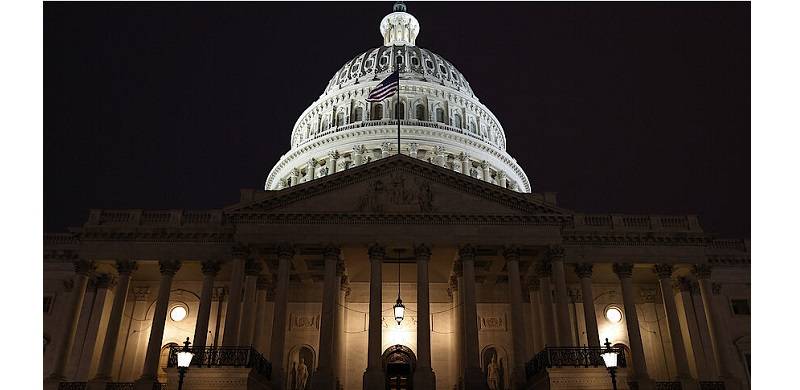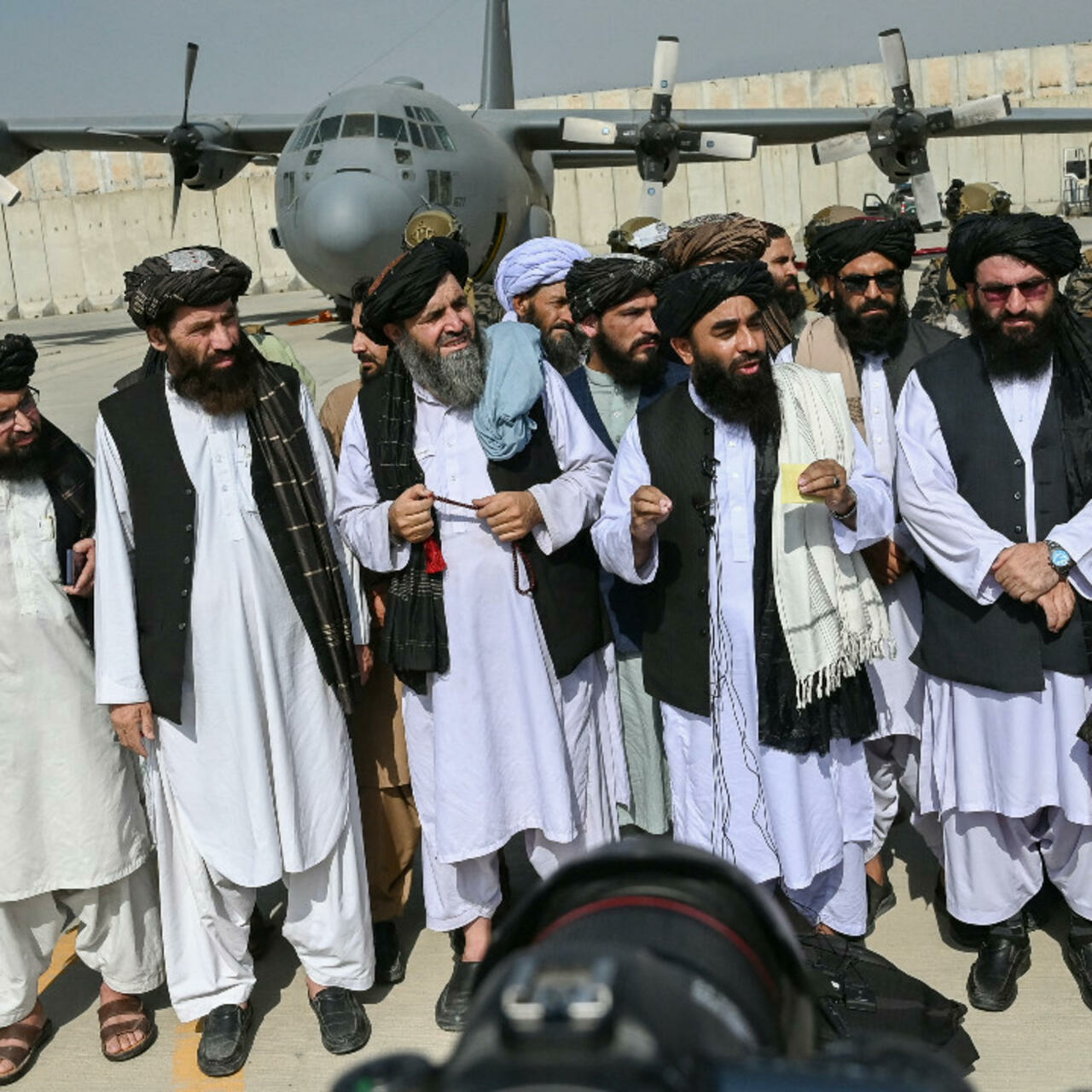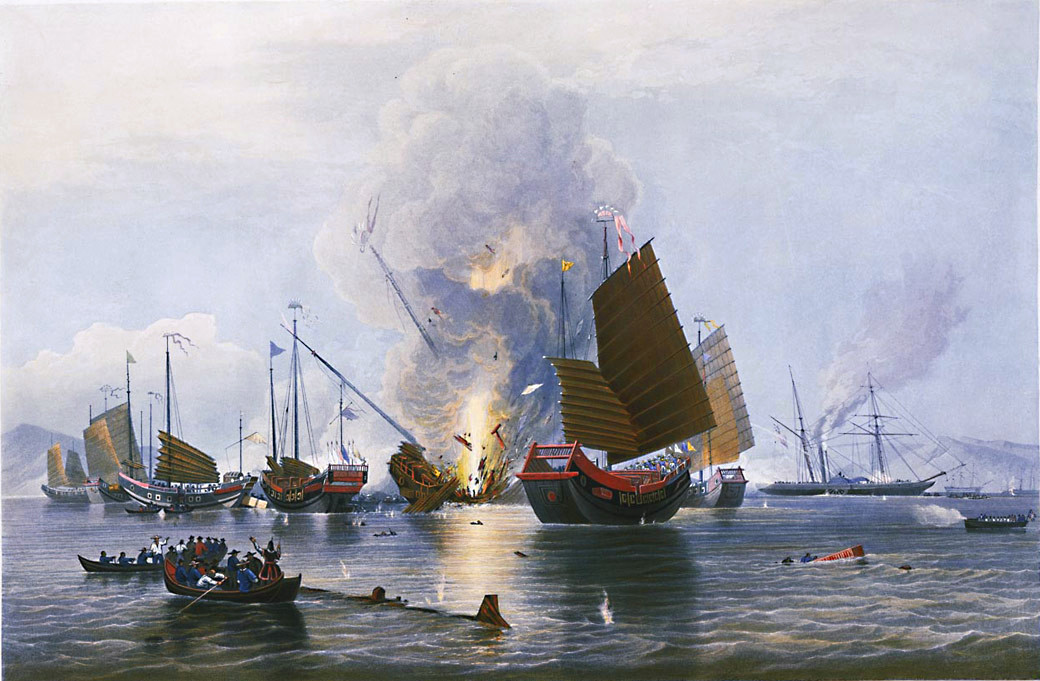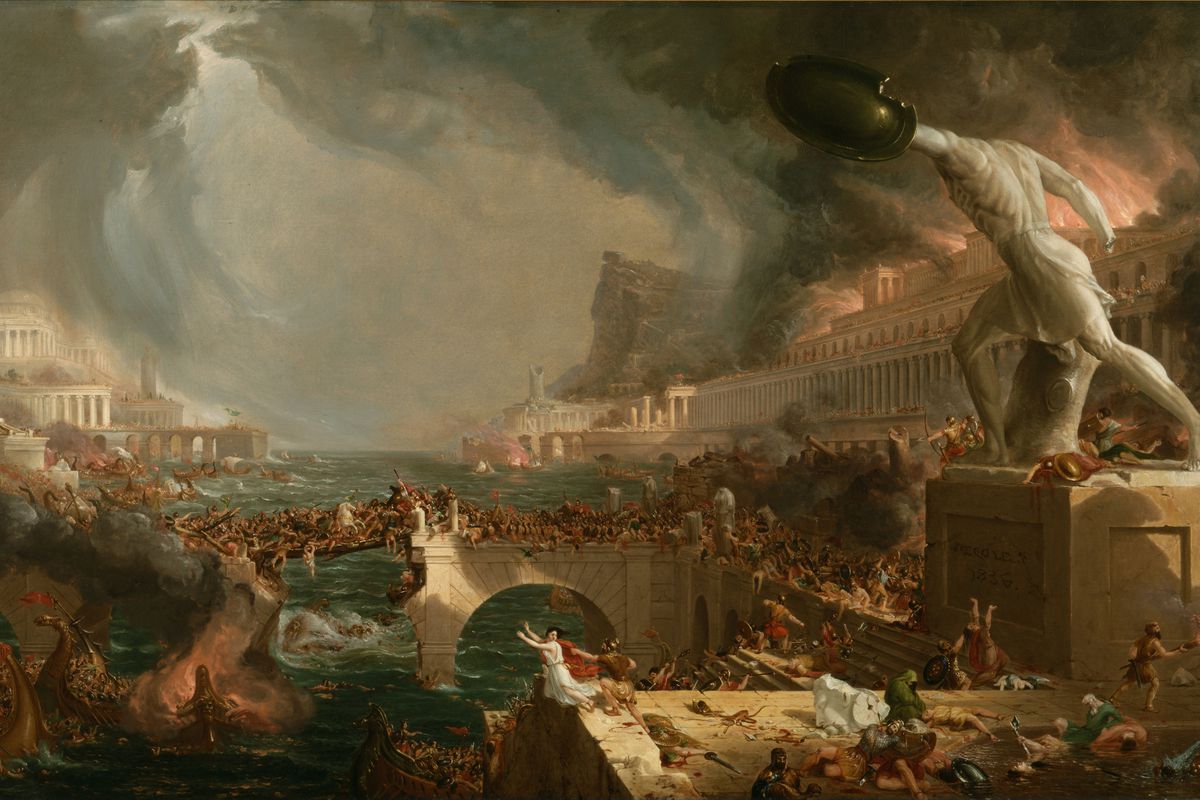
In the preceding few months and years, a historic event of immense import has played out before our eyes. The US and its allied forces, technologically the most advanced military machine in the history of the world, have suffered a humiliating military defeat in Afghanistan at the hands of an opposition who were armed with little more than their convictions. A succession of Western commanders, all trained at the most sophisticated military institutions, with many of them holding degrees of masters and doctorates, have been humbled by a bunch of poorly equipped local Afghan chiefs whose education didn’t go beyond rudimentary madrassah courses. During subsequent hearings in the US House and Senate Armed Forces Committees, where the Secretary of Defense, Chairman of the Joint Chiefs of Staff Committee and the Commander CENTCOM testified on their Afghan debacle, one dramatic and profound conclusion was accepted by all participants. They agreed that the chaotic withdrawal from Afghanistan after two decades of war was a “logistics success but a strategic failure.”
This was as close as a superpower can get to admitting to being beaten at the hands of a very inferior opposition. The claim of ‘logistics success’ was a journalistic spin to ease the pain of accepting strategic failure.
After 20 years of deployment of force on a massive scale and at a total expenditure of over $2 trillion against an impoverished opposition, the combined forces of the entire Western civilization couldn’t even accomplish an orderly egress. It points to a larger malaise in the US body politic. For this was not an isolated failure; it was collective military, intelligence and diplomatic failure. To add insult to injury, the US left behind military hardware worth $80 billion for the Taliban.
The tragedy of the US fiasco is best summed up by a cartoon depicting a 100-million-dollar bomber, dropping half-a-million dollars worth of a guided bomb on a hundred-dollar Afghan tent, whose occupants smilingly squat a little distance away. Another memorable depiction is that of the Taliban riding US Humvees as passenger cars, and squatting in US helicopters on an aerial tour of Kabul. The Western failure in Afghanistan is pregnant with premonitions of historic proportions; especially when, during this same time period, the US and allies have had to face humiliation in rapid succession in Iraq, Syria, Libya and Yemen. A major shift is taking place before our eyes.
A survey of not-too-distant history reminds us that such watershed occasions have occurred before – and always with far-reaching ramifications. Let us consider three such instances.
One; the second and the third decades of 18th century saw the rapid demise of Mughal power in South Asia, whose empire had seemed impregnable till the death of Emperor Aurangzeb in 1707. Two; In the first decade of the 19th century, a relatively stable Qing China extended over a land mass that was a quarter more in size than present China but irreversible, though imperceptible, decline had set in. The Opium Wars of 1840-1860 exposed the internal weaknesses of the Empire resulting in its total capitulation to the European powers. Three; the first two decades of the 20th century witnessed the rise of the US as a major player in the international arena as the world encompassing British Empire stumbled and faded out after ‘victory’ in two World Wars. In all these episodes, the world witnessed a rather rapid fading out of an established superpower. 
The last two decades of the current century have witnessed a profound geopolitical evolution that, in all probability, will define the rest of this century. For all practical purposes and over various technical fields, the US is slipping and receding in its internal cohesion as well as in grand-strategic struggle on the world stage.
Some facts, as listed below, are glaringly obvious by now.
China has raised its economy at an astonishing speed. Its GDP is second in the world and is more than the combined GDPs of Germany, UK, France, Italy, Canada and Russia. It is also on course, by a BBC report, to overtake US as the largest economy of the world by 2030-35. It would take longer for the Chinese to take an edge over Western competitors in per capita earnings and in high technology, but the graph is moving steeply in their favor.
According to cnbc.com, the US has spent a total of $ 6.5 trillion on all its losing wars of this century. This is a financial disaster that is hard to recoup. US national debt stands at nearly $27 trillion and debt to GDP ratio at 109%; not a healthy financial statement when the figures are getting worse each year. Historian Paul Kennedy has proved with detailed financial and production tables in his book Rise and Fall of the Great Powers that over-extension has been the primary reason for breakup of earlier superpowers. The US is rolling down the same path.
Democracy is a great system to run a nation. The Athenian Ecclesia and the Roman Senate will always be admired as great exercises in self-rule. However, it is also known that both these democracies broke down rapidly, never to be resurrected, once their internal conflicts ushered a decline in national cohesion and the mutual discord in various power centers became unmanageable. US democracy, too, has started displaying unmistakable signs of fatigue.
The history of earlier empires, as referred to above, indicates that the existing technological and administrative momentum in the nation will sustain it for some time, though the political, financial and racial wounds will continue to bleed; sapping the strength of this mighty power
The primary indication of decay in US political system is the infiltration of money in elections. The US Founding Fathers would be dismayed at the amount of funds needed to contest any election in their nation. US presidential election campaigns now commence at least four years, if not more, before the actual voting. Direct and indirect funding for both the successful and the losing candidates amounts to about a billion dollars each. The Senate, House of Representatives and state elections cost proportionally more. The site opensecrets.com estimates that $14 billion were spent in the 2020 election cycle with $2 billion spent in just nine Senate races. The situation is getting worse with each election, indicating steady degeneration of political system, as highlighted by the fact that nine of the ten most expensive Senate races in entire US history took place in 2020. Every future election cycle will certainly overtake these figures. The most money spent on an election race in 2018 was about $213 million; a figure that stood between 6th and 7th places in 2020. The figures for House races give a similar reading. The current US elections are decided not by will of the people but by the big corporations, interest groups, media houses and businessmen. The most prominent of these is the semiannual ‘seminars’ of rich contributors convened by Koch brothers, to decide the candidates to support. Republican candidates lobby the group for financing and pay back the financial favors by casting their votes on important legislation as directed by the ‘seminar’ agenda. Most election money is generated by Political Action Committees that masquerade as independent bodies but are in reality vehicles for various interest groups to channel large funds in support of candidates who are in agreement with their interests.
Jeffersonian democracy is now literally on sale and, hence, cannot survive for long. The failure of the US political system was clearly discernable in the previous two presidential elections. Before the election of Trump in 2016, it was unthinkable that an unashamed narcissist, sex-offender, racist and bigoted person could be elected President by a politically conscious electorate. That it did happen, speaks more about the electors than the candidate himself. His replacement with a faltering and stuttering pedestrian cannot inspire confidence in US friends or foes.
Equally unsettling was the sight of Congress being raided by the pro-Trump agitators, the first time it has happened in the long US history. The occasion was the confirmation of the 2020 presidential election results. The Capitol building was damaged, police officers were killed, people were injured, Congress members hid for safety and Washington D.C. wore the look of a city under siege. Failure of the justice system is a clear sign of US decline, as it would be in any society. The incident is reminiscent of a similar episode in Roman history. In December 100 BC during a consular election, the Roman Senate was raided by insurrectionists in support of a losing candidate, resulting in bloodshed. The rioting led to the Marian-Sullan Civil Wars that literally destroyed the republic. By 49 BC, Julius Caser had crossed the Rubicon. According of Professor Edward Watts, “Romans worried about their Republic descending into anarchic violence, but none imagined that this descent would happen so quickly or with such terrible results.”
Once lawful order breaks down, the results are unpredictable, and US has experienced it once before in its history in the divisive election of President Lincoln. He took office in March 1861 and by April, the four-year-long civil war had started, that cost a million lives and nearly broke the Union. It should worry the thinkers in the US that Trump continues to dominate the Republican party and his Democrat replacement has proved to be unequal to the task of governing a troubled nation in a complicated world.
Pat Buchanan, who served in Nixon and Reagan administrations and was an independent presidential candidate in 2000, has written extensively about the decline of the West in general and the US is particular. His pronunciations on this issue are gloomy reading, at least for the US. In 2011, he predicted the demise of US by 2025! Though he is an ultra-conservative, anti-immigration and a pro-white racist, I would yet argue that some of the points he has highlighted in the spheres of internal cohesion, race relations, immigration, etc are very pertinent. The socio-economic order and the political climate that made the US strong and eminent in the middle of the last century are largely nonexistent now. 
A hallmark of any superpower is its intelligence-gathering network through a committed force of incorruptible officers. The CIA has remained a prized institution because of its loyal and dependable workforce that could not be compromised by any adversary. Now, according to a New York Times report, "Intelligence services in countries such as Russia, China, Iran, and Pakistan have been hunting down the CIA's sources and, in some cases, turning them into double agents"
If Pakistan and Iran can hunt down CIA sources, then that fearsome institution has no hope for survival. That is not a good prognosis for the future of the United States.
History tells us that great powers are not vanquished at a stroke. They wither away gradually and painfully. The Roman empire agonized for four centuries before Flavius Odoacer finally disposed off its rotting carcass in September 476 AD. The Abbasids lingered on as an adornment to petty warlords for about two centuries before Hulegu Khan and the Mongols took it out of its miseries. Similarly, within 35 years of the death of Emperor Aurangzeb, the Mughal ruling house was trounced in 1739 by the Persian King Nader Shah. The Mughal Empire then came under British protection in 1803 at the end of Anglo-Maratha wars. Yet the ghost of that once great empire continued to hover for another half century until the bloody events of 1857 AD.
As a superpower, the United States is clearly over the edge. It has developed several cracks in its body-politic. Some of these schisms are unbridgeable. The history of earlier empires, as referred to above, indicates that the existing technological and administrative momentum in the nation will sustain it for some time, though the political, financial and racial wounds will continue to bleed; sapping the strength of this mighty power.
Once a terminal illness sets in, a superpower dies a slow death. The US has unmistakably received its initial fatal cuts and its terminal illness will become manifest in the coming years.
Parvez Mahmood retired as a Group Captain from PAF and is now a software engineer. He lives in Islamabad and writes on social and historical issues. He can be reached at parvezmahmood53@gmail.com

